Understand
Morocco, a country blessed with fascinating diversity, boasts a population composed primarily of Berbers. Throughout history, the Moroccan population has also been influenced by refugees who sought shelter from the Reconquista, the Christian reconquest of the Iberian Peninsula that occurred until the 15th century. After a long struggle for independence from France, Morocco finally achieved its goal in 1956. Tangier, a city of international significance, was incorporated into the new country during the same eventful year. Morocco's territorial expansions continued in 1975 when it annexed a significant portion of the Western Sahara, which was once under Spanish control. The 1990s brought gradual political reforms to Morocco, culminating in the establishment of a bicameral legislature in 1997. Despite these changes, the power ultimately rests with the King. While free newspapers provide some diversity in the press, the state maintains significant control, and instances of censorship have occurred when authorities face criticism or discussions regarding the Western Sahara situation. Morocco's foreign policy often diverges from that of its Arab neighbors. In contrast to the neutral or pro-Soviet positions adopted by other Arab states during the Cold War, Morocco aligned itself with Western European powers and the United States. The Moroccan economy relies on a variety of resources, including agriculture, phosphates, tourism, and textiles. However, the country still faces challenges, such as combatting widespread corruption and improving the education system to further development and progress.
Map & Climate
Map & Climate
Popular Foods
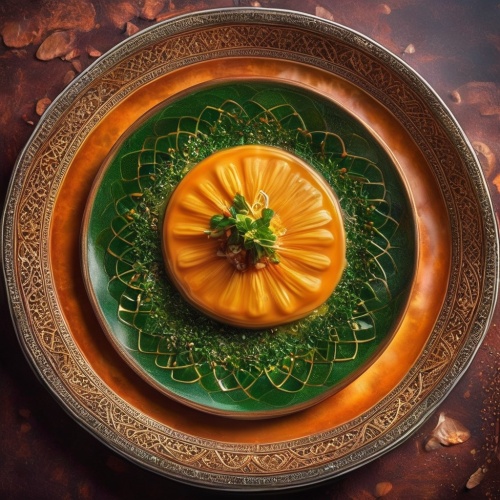 Tajine is a traditional Moroccan one-pot dish made with meat (usually chicken, lamb, or beef) or fish, vegetables, and aromatic spices, cooked together in a special clay pot called a tajinia. The dish is slow-cooked, allowing the flavors to meld and the meat to become tender. Tajine can be served with couscous or bread, depending on the region.
Tajine is a traditional Moroccan one-pot dish made with meat (usually chicken, lamb, or beef) or fish, vegetables, and aromatic spices, cooked together in a special clay pot called a tajinia. The dish is slow-cooked, allowing the flavors to meld and the meat to become tender. Tajine can be served with couscous or bread, depending on the region.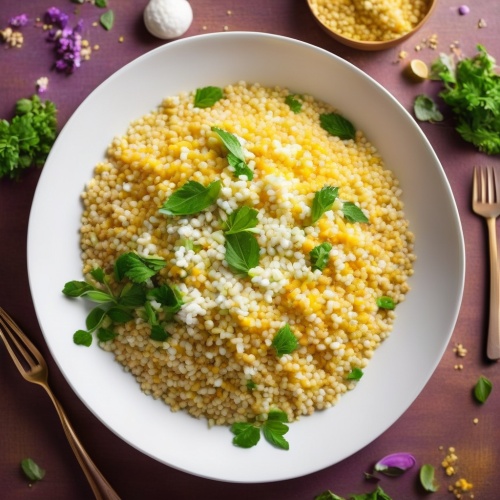 Couscous is a staple food in Moroccan cuisine, consisting of small, steamed granules of semolina wheat or other grains. It is typically served as a accompaniment to savory dishes, such as tagines, stews, or grilled meats. Couscous is often seasoned with a variety of spices, including cumin, coriander, and turmeric, and garnished with fresh herbs, such as parsley or cilantro.
Couscous is a staple food in Moroccan cuisine, consisting of small, steamed granules of semolina wheat or other grains. It is typically served as a accompaniment to savory dishes, such as tagines, stews, or grilled meats. Couscous is often seasoned with a variety of spices, including cumin, coriander, and turmeric, and garnished with fresh herbs, such as parsley or cilantro. Mint tea, also known as "atay," is a popular refreshing beverage in Morocco. Made using gunpowder green tea leaves, fresh mint, and sugar, the tea is brewed and then poured ceremoniously back and forth between teacups to aerate it before serving. Mint tea is often enjoyed throughout the day and is a
Mint tea, also known as "atay," is a popular refreshing beverage in Morocco. Made using gunpowder green tea leaves, fresh mint, and sugar, the tea is brewed and then poured ceremoniously back and forth between teacups to aerate it before serving. Mint tea is often enjoyed throughout the day and is a 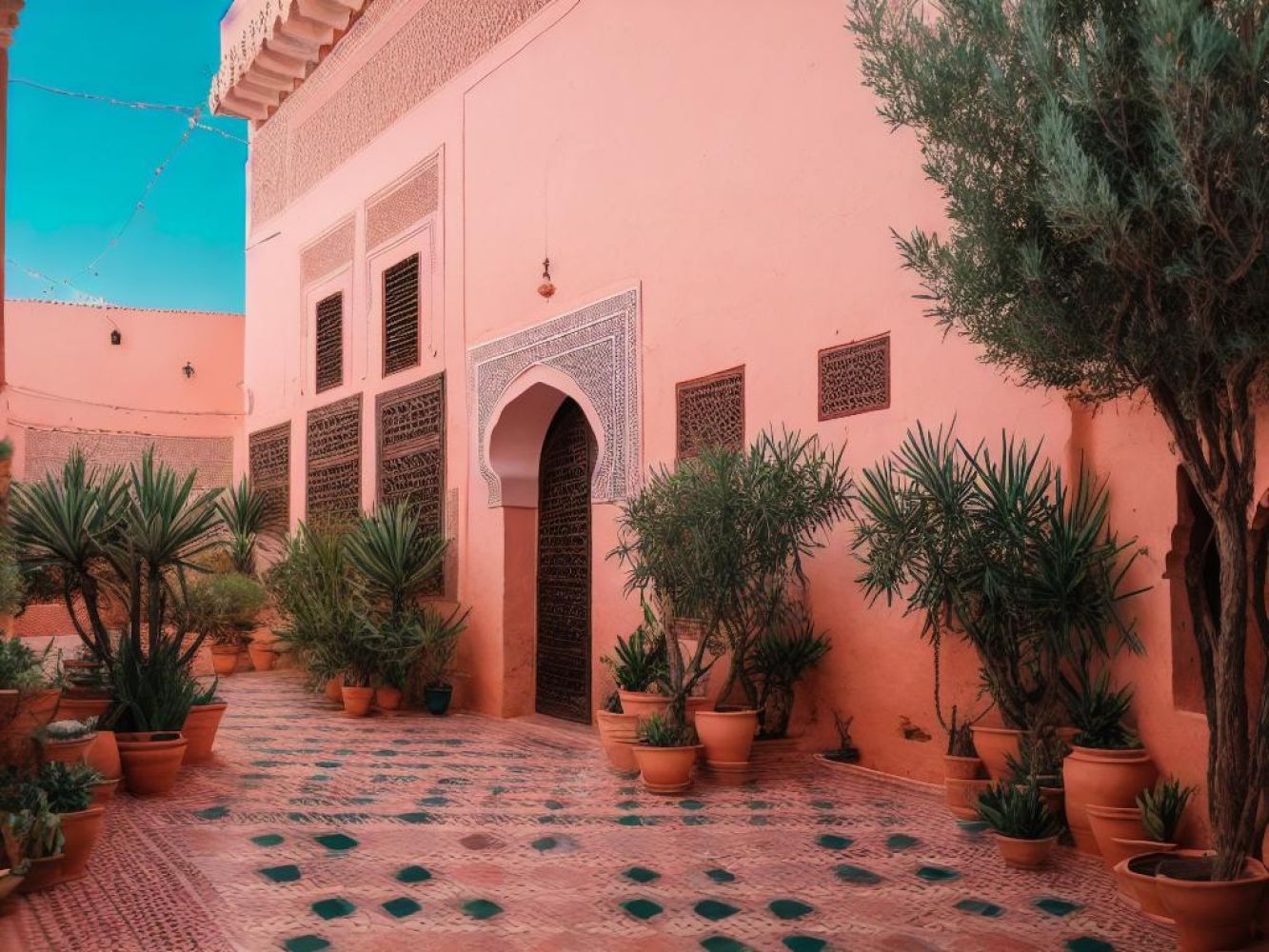
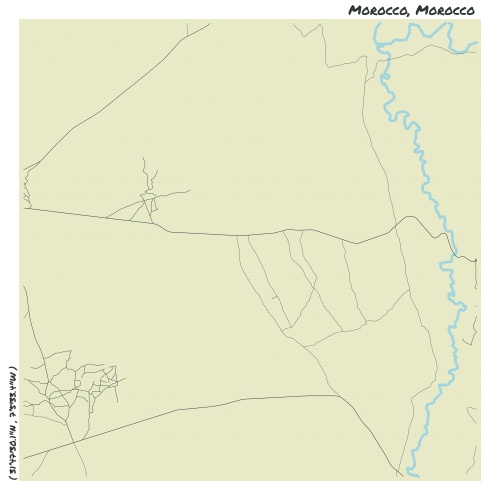
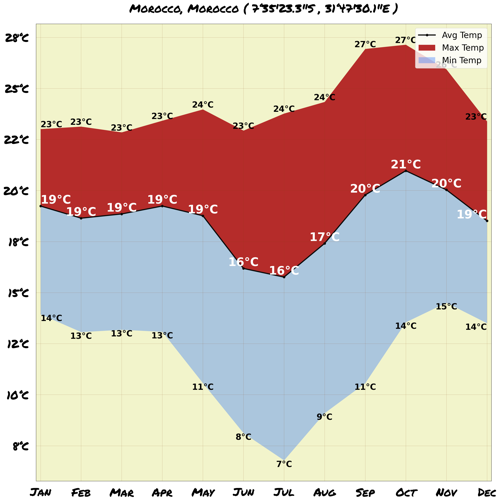

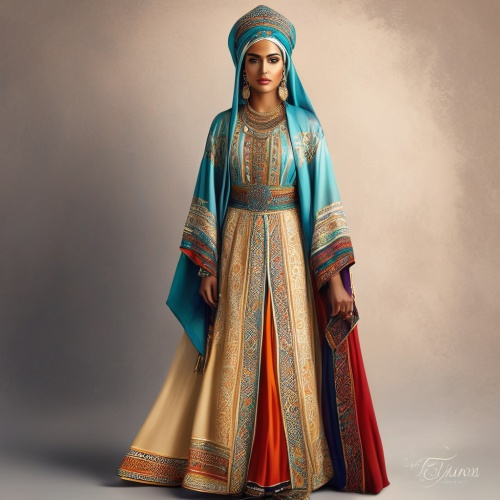
Comments
NO COMMENTS